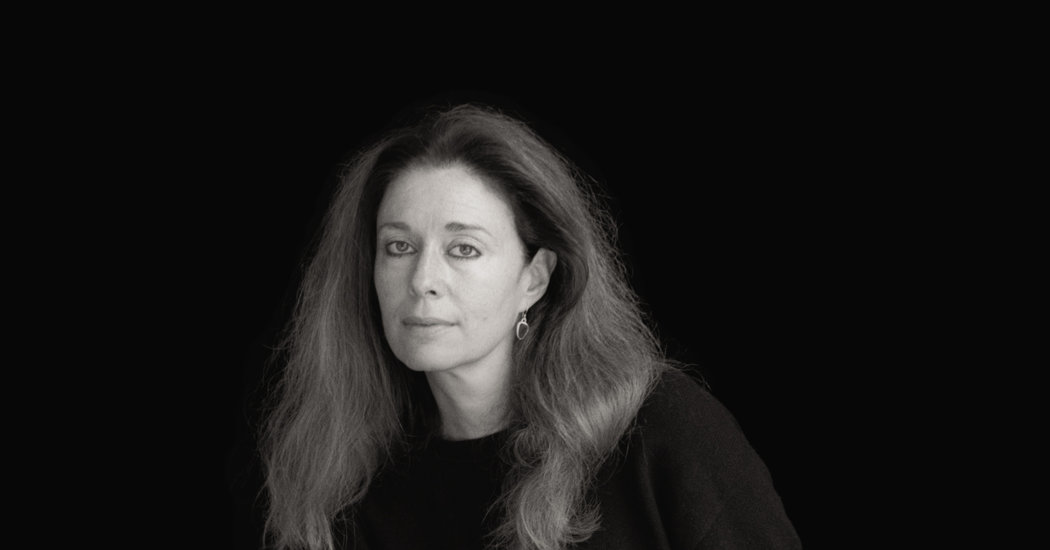This past Tuesday, April 16th, the poet Jorie Graham shared selected poems from her new collection From the New World at Poets House in Tribeca. Graham, the former chancellor of the Academy of American Poets, who currently teaches at Harvard, spoke candidly and wisely on how temporality, identity, and place have shaped her life as a writer.
“Aging is something you get to choose,” said Graham. She is approaching 65 — old enough for the Poetry Foundation to name her as “one of the most celebrated poets of the American post-war generation.” Graham spoke of identifying more closely, however, with her “writers’ age,” one which exists without any relation to the linear progression of time. “At a certain point your spirit can become young and curious again,” said Graham.
And indeed after four decades of writing, twelve collections of poetry, and a Pulitzer Prize, Graham showed no signs of being jaded: she spoke with spontaneity, joy, and a measure of self-deprecation.
“I can’t believe the chutzpah of this 26-year old,” Graham proclaimed as she introduced her 1976 poem “The Strangers,” a piece with heady descriptions of tulips in spring which lead into musings about the meaning of faith. Graham referred here, as she did many times during the reading, to that peculiar experience of reading one’s own writing and re-experiencing versions of the self long gone.
Joan Didion spoke of the practice of writing as a way to “keep in touch” with the people we used to be, “whether we find them attractive company or not.” Within the hour-long reading, Graham easily re-embodied many different writing selves, each one grounded in particular historical and personal moments.
In “Scirocco,” Graham visits the spot in Rome where Keats died and listens to the wind and declares, “Oh, how we want to be taken and changed, want to be mended by what we enter.” In a newer poem, “Fast,” she invokes the myth of the Oracle of Delphi, constructing an eerie narrative of artificial intelligence and digitized intimacy.
Graham wrote “What the End is For,” my favorite poem of the reading, at the Grand Forks Air Base in North Dakota in 1987. As Graham stands in an open field at sundown “before five hundred B-52s on the runway,” she reflects on a disintegrating love affair. We feel the sublime danger of the aircrafts; we hear “this eternity of engines;” we are immersed in the panic of the Cold War. But as we are swept up in it all, the language becomes localized. There are two lovers in a kitchen in dim light and the heartbreaking lines: “Your face went out a long time before the rest of it/ When I asked you to hold me you refused/ When I asked you to cross the six feet of room to hold me/ You refused.”
This interweaving of the observational and the autobiographical unified the selection of poems Graham read, and seems to be a common thread of her vast body of work. Graham explained that she “takes observation to be a practice,” as a habit to be cultivated. The practice of observation, she states, is also a distinctly autobiographical experience. Graham finds meaning in her poetry through observations from the global — like the ever-changing relationship of humans to the natural world– to the local, the details of a Rothko painting or the bark of a pear tree.
Graham described, in the process of reading through her own collection of poetry, that she was “astonished by the woman she encountered at each stage along the way.” Throughout the hour I spent with Graham and her words, I felt the same.
Lena Rubin is a first year student at Barnard and a member of the Columbia Review editorial board. She thinks a lot about writing and the health goth aesthetic.
